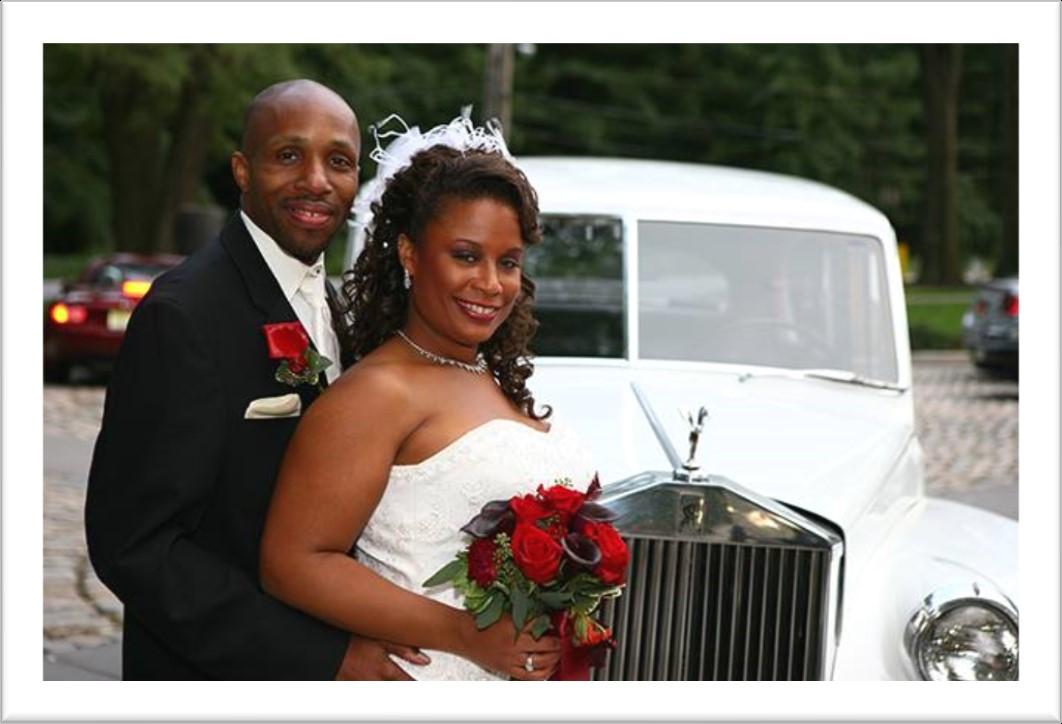
5 minute read
Musicwoman Magazine 2019
COVER STORY
Interview with Gayelynn McKinney

By Dr. Joan Cartwright
DrJC: What brought you to music as a child?
GM: Both of my parents were musicians. My mother, Gwen Shepherd McKinney, was a vocalist and pianist. My father, Harold McKinney, was a pianist. I was born in it. I grew up listening to music my entire life. I grew up waking up to it, going to bed to it. [Laughs]. So, honestly, I don't know what else I would have done. There are some other interests I had. But music was a strong influence in my life.
DrJC: How did you come to the drums?
GM: Well, that is a mystery. My mother said I was very busy even when she was pregnant with me. I tended to move around a lot. I guess I was born to do it. When I was two years old, I would beat on the furniture, even at the table with my knife and fork. I think that's when my mother bought me a drum kit. She thought, "She's going to beat on something else besides my furniture." So, theybought me a drumset when Iwas two years old and that began myjourney. (Continued on p. 38).
DrJC: What about other instruments?
GM: When I started school, we had music from kindergarten, elementary, to high school. It is sad that music is missing, especially in inner city schools these days. Istarted, like most of my classmates did, on the recorder. Then, the recorder turned into a clarinet, by the time I got to elementary school. Eventually, that clarinet turned into a saxophone. Clarinet was cool. I didn't dislike the clarinet. It just wasn't my favorite thing to play. So, one day, when I was looking at my music folder, I saw this shiny, gold instrument that attracted my attention, immediately. It was a saxophone. One of my Dad's friends let me borrow his tenor saxophone. I quickly realized that it was too big for me at that time. So, I switched over to alto. When I got to 4th grade, my father gifted me an alto saxophone. I played alto saxophone from 4th grade to 12th grade in the concert and marching band. So, my other instrument is saxophone. Also, I play piano, not enough to go out and gig and do shows but, enough to compose music.
DrJC: Did you study music theory in school or privately?
GM: I went to Oakland University in Rochester, Michigan and that's where I learned a lot about music theory and jazz theory. So, yes, I did get my Bachelor of Music degree at Oakland University.
DrJC: Do you compose, perform, and record your own music?
GM: Yes, I do. Right now, I have a CD out with new arrangements I did of my father's music. It’s called “McKinFolk The New Beginning” and it was released a couple of months ago. I do have a CD of my own music called, “It’s About Time” that came out in 2006 and I will be recording a new project of my music in the fall.
DrJC: How many songs have you composed?
GM: Iwas just sitting down today to decide which of my compositions I would record on the new project. Possibly, 40 songs I've composed Some of them have been recorded with the group Straight Ahead, someonmysoloproject,andsomehavenot been recorded yet. By the time I get done with the new stuff coming into my mind, I will have composed about 100 songs.
DrJC: Do you have a publishing company with ASCAP or BMI?
GM: Yes. It's called Beatstix Music. The X is there because, when I get my logo together, I intend to make that X two sticks. DrJC: Do you have a song book?
GM: No. I don't have a song book yet.
DrJC: Good. I encourage all of our members to get their music in a song book. That's rare. The only women I know with a song book are Carol King, Basia, Carly Simon, Stevie Nicks, and I have a song book. I think Carmen Lundy put out a song book. Roberta Flack was working on one. But I haven't heard that it was published yet.
GM: Hopefully, she's ok because, I heard that she wasn't doing too good.
DrJC:Whatchallenges haveyoufacedin the male-dominated music industry and on a male-dominated instrument?
GM: Well, back in the day, it was very difficult to be a girl playing the drums. People were saying that the Drums was an instrument only to be played by boys. I didn’t get so much flack from my Dad's peers. They were supportive. But it was my own peers that would scoff at me playing drums as a female. Iwill saythat, one of the reasons why I kept playing was Terri Lyne Carrington. My father came home from New York one time, and he was all excited about the fact that he had seen another little girl playing the drums and that little girls
(Continued on p. 39)







